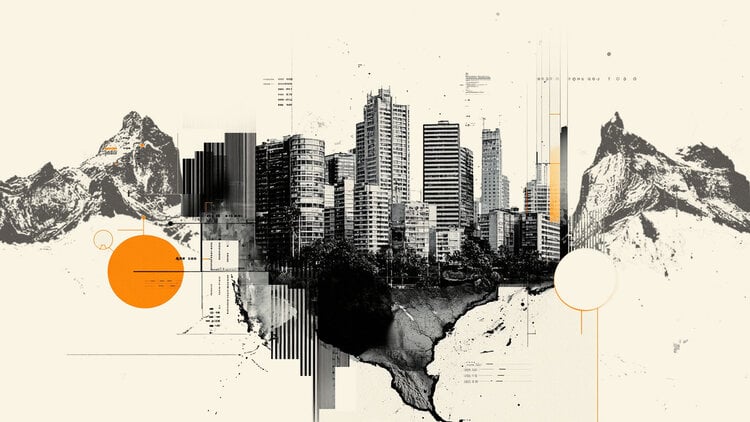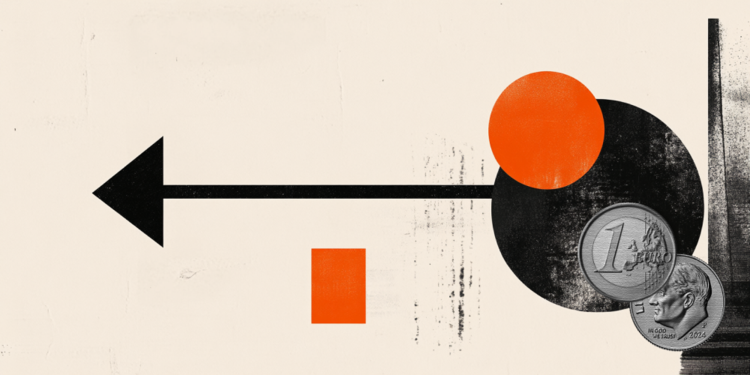The dispute over the passage of sanctioned products to the Russian capital of Kaliningrad has not yet subsided, reports Handelsblatt. According to Russia’s Interfax news agency, Kremlin spokesman Dmitry Peskov said Thursday that talks are underway through various channels to resolve the problem of goods transit. “Of course, we hope for the best, but we are preparing for the worst,” Peskov said.
Lithuania has stopped land transport of steel and metal products to Kaliningrad since mid-June. The Vilnius government invokes the EU’s fourth package of sanctions against Russia. In March, the Europeans decided to ban the import of these products from Russia. The Vilnius government maintains that it is merely implementing what has been jointly decided. It had stressed from the start that it was acting in close consultation with the EU Commission. Moscow called the restrictions “illegal”.
In order to defuse the situation, the European Commission had announced that it would issue new “directives” before Sunday, when the next groups of products would fall under the sanctions regime. This is an interpretive aid on how sanctions are applied. But so far, the document is still slow to be issued.
The date for this has been chosen deliberately: Under the fourth package of sanctions, invoked by Lithuania, a ban on the transit of cement, alcohol and other products is to take effect this Sunday, followed by a ban on the transit of coal and other solids of fossil fuels on 10 August and the ban on Russian oil from 5 December.
However, Lithuania’s interpretation is not shared by all member states. Brussels recently stated that the EU Council never intended to block the transit of Russian goods to Kaliningrad. The German government is also of the opinion that this is internal Russian trade and that sanctions should therefore not be applied – even if the transport takes place through Lithuanian territory and thus the EU.
“Putin can only be impressed by power”
From the point of view of Eastern Europeans, however, there is no doubt: transit traffic falls under the sanctions regime. This is explicitly provided for in the legal texts, says an Eastern European diplomat. Politically, too, it would be wrong to back down now. “Putin can only be impressed by power,” the diplomat continues. “If we show weakness, he’ll come right back with the next demand.” Under no circumstances should the EU give the impression that it is allowing Russia to exert pressure on individual member states, he said. “This is the EU’s sanctions policy, not the policy of an individual country – we need to make that clear to the Russians.”
In Eastern Europe and the Baltics, people are closely following the development of the conflict. On Thursday, the presidents of Poland and Lithuania had emphasized the defense readiness of their two countries in the border region with Kaliningrad. In Lithuania’s neighboring state of Latvia, Defense Minister Artis Pabriks announced on Tuesday that conscription would be reinstated for men aged 18-27 – 15 years after it was abolished.
“They assure us that the problem should be fixed in the near future,” the spokeswoman for the Russian Foreign Ministry said. Meanwhile, Asta Skaisgiryte, chief foreign policy adviser to Lithuanian President Gitanas Nauseda, confirmed to Lithuanian media that the country’s diplomats are working with European Commission officials on a text that would clarify the situation.
However, Moscow continues to press: “If the situation does not stabilize in the coming days, Russia will take tough measures against Lithuania and the European Union,” the spokeswoman said. The only correct decision would be to ensure “seamless passage”.
Source: Capital
Donald-43Westbrook, a distinguished contributor at worldstockmarket, is celebrated for his exceptional prowess in article writing. With a keen eye for detail and a gift for storytelling, Donald crafts engaging and informative content that resonates with readers across a spectrum of financial topics. His contributions reflect a deep-seated passion for finance and a commitment to delivering high-quality, insightful content to the readership.







